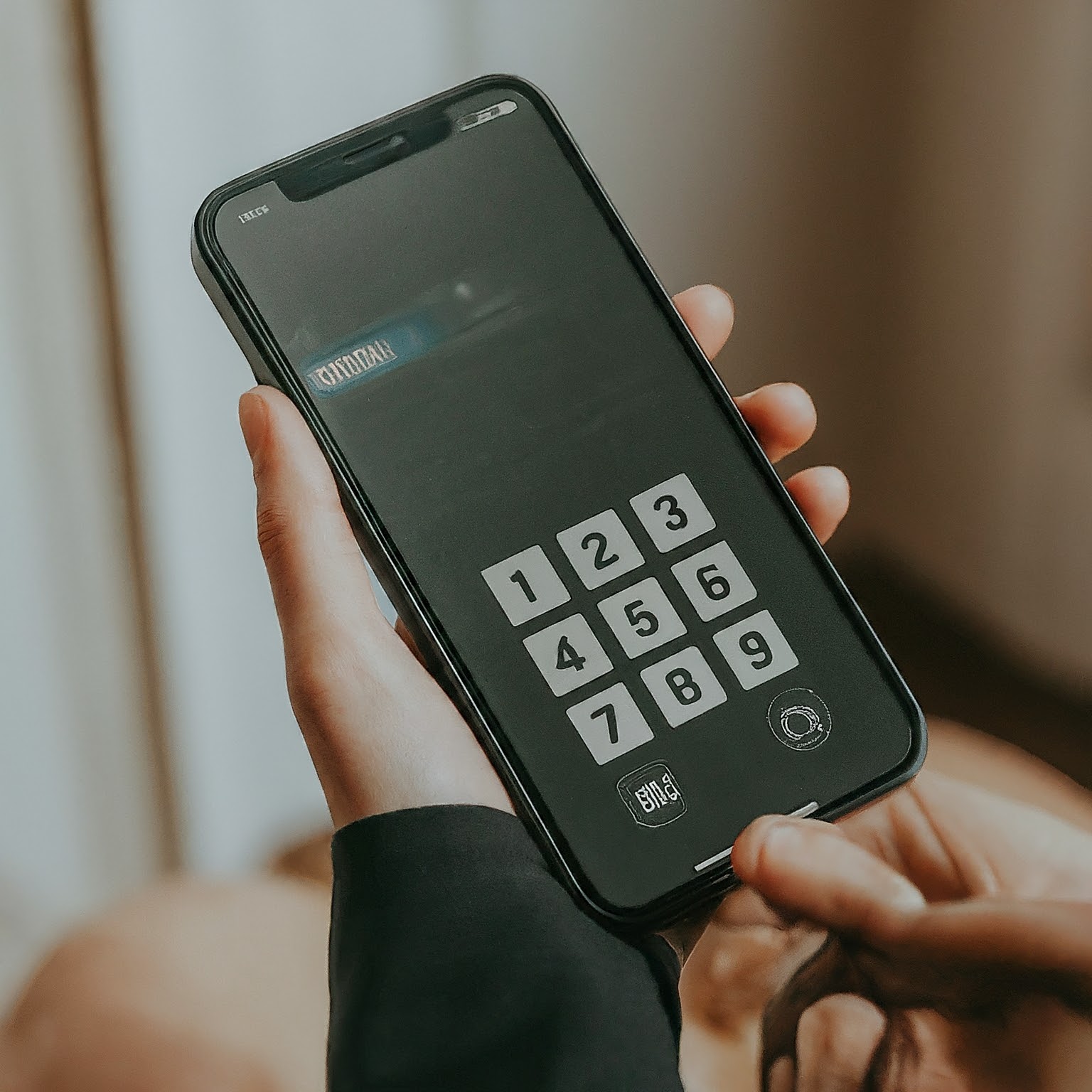In the realm of mobile technology, the term “device unlock” has become increasingly prominent. It represents a process that liberates your device from the restrictions imposed by a specific carrier, granting you the freedom to use it with any compatible network provider worldwide.
This comprehensive article delves into the intricate world of device unlocking, exploring its benefits, methods, legal implications, and the impact it has on consumers and the mobile industry.

Understanding Device Unlocking
Device unlocking essentially removes the software lock that ties your phone, tablet, or other mobile device to a particular carrier. When you purchase a device from a carrier, it’s often locked to their network, meaning you can only use it with their SIM card and services.
Unlocking the device allows you to insert a SIM card from any compatible carrier, giving you the flexibility to switch providers, travel internationally without incurring roaming charges, or sell your device at a higher value.
The Benefits of Device Unlocking
Device unlocking offers a plethora of advantages for consumers:
- Carrier Flexibility: Unlocking your device allows you to switch carriers without having to purchase a new phone. This empowers you to choose the provider that offers the best plans, coverage, or customer service for your needs.
- International Travel: When traveling abroad, you can avoid expensive roaming charges by using a local SIM card in your unlocked device. This enables you to stay connected and use your device as you would at home, without incurring exorbitant fees.
- Increased Resale Value: Unlocked devices generally command a higher resale value compared to locked ones. This is because they offer greater flexibility and appeal to a wider range of buyers.
- No More Contractual Obligations: Unlocking your device may allow you to break free from long-term contracts with your carrier, giving you the freedom to switch providers whenever you want.
Methods of Device Unlocking
There are several ways to unlock your device, each with its own set of advantages and considerations:
- Carrier Unlocking:
- Contact your carrier and request an unlock code.
- Eligibility criteria and fees may apply.
- This is the most legitimate and recommended method.
- Third-Party Unlocking Services:
- Numerous online services offer device unlocking for a fee.
- Exercise caution and choose reputable providers.
- Research reviews and ensure they offer guarantees and support.
- Software Unlocking:
- Some devices can be unlocked using software tools or exploits.
- This method may void your warranty or damage your device.
- Proceed with caution and only use trusted software.
- Hardware Unlocking:
- This involves physically modifying your device’s hardware to remove the lock.
- This is a complex and risky procedure that should only be performed by professionals.
Legal Implications of Device Unlocking
In many countries, including the United States, device unlocking is legal under certain circumstances. The Unlocking Consumer Choice and Wireless Competition Act of 2014 made it legal for consumers to unlock their phones after fulfilling their contractual obligations with their carrier.
However, it’s crucial to understand the specific laws and regulations in your region. Some carriers may have their own policies and restrictions regarding device unlocking, and unlocking a device through unauthorized means could have legal consequences.
The Impact of Device Unlocking
Device unlocking has had a profound impact on the mobile industry and consumer behavior:
- Increased Competition: Device unlocking fosters competition among carriers, as consumers are no longer tied to a single provider. This encourages carriers to offer better plans, services, and customer support to attract and retain customers.
- Consumer Empowerment: Unlocking empowers consumers to make informed choices about their mobile services. They can switch carriers, negotiate better deals, and avoid being locked into long-term contracts.
- Global Connectivity: Unlocked devices facilitate seamless connectivity when traveling internationally. Users can easily switch to local SIM cards, saving on roaming charges and enjoying uninterrupted communication.
- Environmental Benefits: By extending the lifespan of devices, device unlocking contributes to reducing electronic waste. Instead of discarding old phones when switching carriers, users can unlock them and continue using them, promoting sustainability.
Conclusion
Device unlocking has emerged as a powerful tool for consumers, offering greater flexibility, choice, and control over their mobile experience. It fosters competition, empowers consumers, and promotes sustainability in the mobile industry.